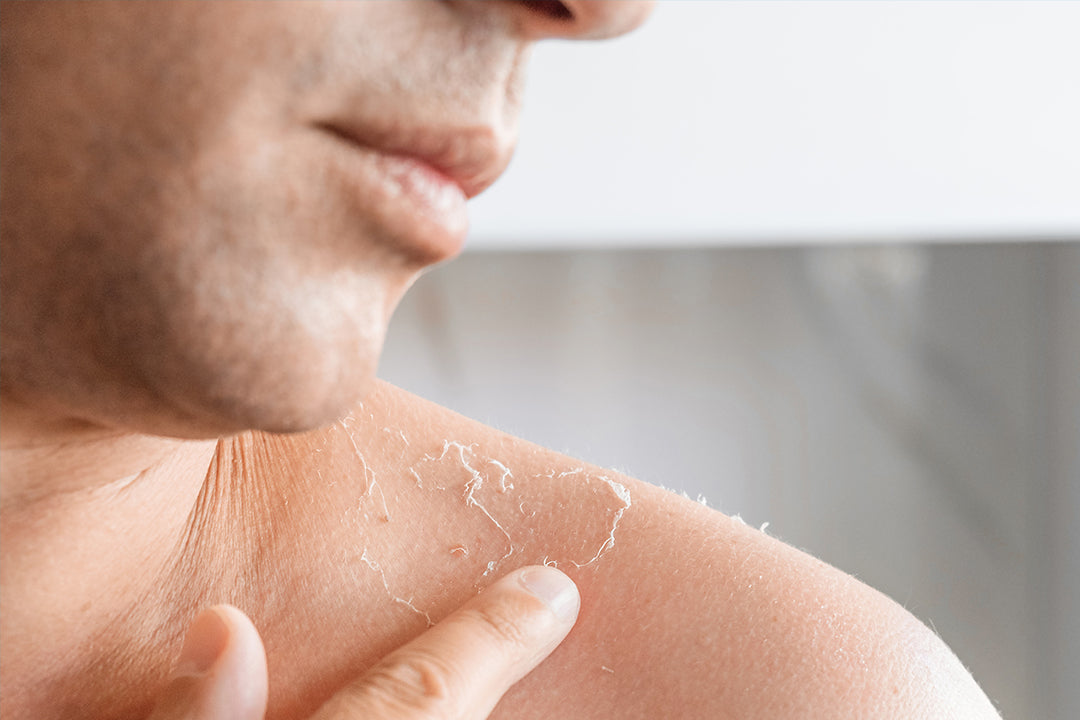When it comes to creating an effective skincare routine, it's important to understand which ingredients work well together and which ones should be avoided. One ingredient that has gained popularity in recent years is hyaluronic acid. Known for its hydrating properties, hyaluronic acid is often used in moisturizers, serums, and other skincare products. However, there are certain ingredients that should not be mixed with hyaluronic acid to ensure the best results for your skin.
Retinol and Hyaluronic Acid: A Powerful Combination
Retinol is a potent ingredient that is commonly used to address skin concerns such as wrinkles, fine lines, and acne. When used in conjunction with hyaluronic acid, these two ingredients can deliver powerful results. Retinol works by promoting skin cell turnover, while hyaluronic acid provides intense hydration. Together, they can help improve the appearance of your skin and promote a more youthful complexion.
However, there are certain ingredients that should not be mixed with hyaluronic acid:
- AHAs and BHAs: AHAs (alpha hydroxy acids) and BHAs (beta hydroxy acids) are chemical exfoliants that can help improve skin texture and unclog pores. However, when used with hyaluronic acid, these ingredients can be too harsh and lead to irritation.
- Benzoyl Peroxide: Benzoyl peroxide is a common ingredient found in acne treatments. While it can be effective in clearing up breakouts, it can also be drying and may counteract the hydrating effects of hyaluronic acid.
- Vitamin C: Vitamin C is a powerful antioxidant that can help brighten the skin and protect against environmental damage. However, when combined with hyaluronic acid, the pH levels may not be compatible, and the effectiveness of both ingredients may be reduced.
- Niacinamide and Salicylic Acid: Niacinamide is a popular skincare ingredient that can help minimize pores and improve skin texture. Salicylic acid, on the other hand, is often used to treat acne. While both ingredients have their own benefits, using them together with hyaluronic acid may cause irritation or dryness.
It's important to note that everyone's skin is different, and what works for one person may not work for another. If you're unsure about combining certain ingredients, it's always best to consult with a dermatologist or skincare professional.
Creating an Effective Skincare Routine
Now that you know which ingredients to avoid mixing with hyaluronic acid, let's discuss how to create an effective skincare routine that incorporates this powerful ingredient.
Step 1: Cleansing
Start your skincare routine by cleansing your face with a gentle cleanser. Look for a cleanser that is suitable for your skin type and effectively removes dirt, oil, and impurities without stripping your skin of its natural moisture.
Step 2: Toner/Mist
After cleansing, apply a toner or mist to help balance your skin's pH levels and prepare it for the next steps of your routine. Look for a toner or mist that contains hydrating ingredients to complement the benefits of hyaluronic acid.
Step 3: Antioxidant Serum
Next, apply an antioxidant serum that contains ingredients like vitamin C or green tea extract. These serums can help protect your skin from environmental damage and promote a brighter complexion.
Step 4: Moisturizer
After applying your antioxidant serum, follow up with a moisturizer that contains hyaluronic acid. This will help lock in moisture and keep your skin hydrated throughout the day or night.
Step 5: Sunscreen
Finally, don't forget to apply sunscreen as the last step of your skincare routine. Sunscreen is essential for protecting your skin from harmful UV rays and preventing premature aging.
By following these steps and avoiding ingredients that don't mix well with hyaluronic acid, you can create a skincare routine that promotes healthy, hydrated skin. Remember to listen to your skin and make adjustments as needed to find the best routine for your individual needs.









